TL;DR
- The HS code for coconut products typically falls under “0801” for fresh coconuts and “0802” for dried coconuts.
- Coconut-based products like oil, milk, and copra have specific HS codes depending on processing and form.
- Correct HS code classification ensures accurate customs processing and avoids tariff errors for coconut imports/exports.
- The HS code for coconut products can vary by product type, including whether it’s fresh, dried, or processed.
- Understanding the HS code helps businesses navigate customs regulations and manage costs effectively in global trade.
What is HS Code 0801?
The coconut is a versatile and valuable commodity, widely used for its food, beverage, cosmetic, and industrial applications. In global trade, coconuts are classified under the HS Code 0801, which covers fresh or dried coconuts. This HS Code plays a critical role in facilitating smooth international trade by ensuring accurate classification, clear customs duties, and compliance with import/export regulations.
Understanding the Coconut HS Code is essential for businesses involved in the global coconut market, as it helps streamline transactions, minimize trade barriers, and navigate tariffs, ultimately enhancing efficiency and ensuring seamless movement of goods worldwide.
Key Industries Using Coconut Goods
Coconuts are an essential raw material across a variety of industries due to their versatility. The primary industries that rely on coconut products include:
- Food and Beverage Industry: Coconuts are used in a wide range of food products such as coconut oil, milk, water, flour, and desiccated coconut, offering health benefits and unique flavor profiles.
- Cosmetics and Personal Care: Coconut oil, coconut milk, and other derivatives are popular in skincare, haircare, and personal hygiene products for their moisturizing and nourishing properties.
- Pharmaceutical Industry: Coconut products are used in medicines and natural supplements, particularly for their antibacterial, antifungal, and antiviral properties.
- Textile and Fashion Industry: Coconut husk fibers, also known as coir, are used to make mats, ropes, and other sustainable products.
- Bioenergy and Environmental: Coconuts are also utilized in biofuel production and in making eco-friendly products like biodegradable packaging.
These industries depend on the unique properties of coconuts, making it a highly sought-after commodity in global markets.
What Goods are Covered Under HS Code 0801?
HS Code 0801 specifically covers fresh or dried coconuts, which are primarily used in the food, beverage, and various industrial sectors. This classification includes a range of coconut products that are traded internationally, ensuring clear identification for customs, tariff, and regulatory purposes. Under this category, coconuts are classified not only as a whole but also in various processed forms. Below are the subcategories within HS Code 0801:
HS Code 0801.11: Fresh or Dried Coconut, Desiccated
This subcategory includes dried coconuts that are processed into desiccated coconut, a popular ingredient in baking, confectionery, and various culinary dishes.
HS Code 0801.12: Fresh or Dried Coconut, Not Desiccated
This includes fresh coconuts, which are used in their natural form for direct consumption, as well as dried but not desiccated coconuts.
HS Code 0801.19: Nuts, edible, coconuts, fresh or dried
HS Code 0801.19 covers edible coconuts, fresh or dried, excluding desiccated ones and those still in the inner shell. It applies to whole coconuts with the outer husk removed but not processed further.
These extensions within HS Code 0801 ensure that all types of coconuts and related products are effectively classified for import and export, helping streamline global trade and minimize customs delays.
For more detailed information and to quickly find accurate Harmonized System codes and tariffs for your coconut products, exporters can use the HS Code lookup and finder. This tool provides easy access to the latest tariff rates and helps you ensure that your products are classified correctly, streamlining the import/export process and ensuring compliance with international trade regulations.
Quick Reference Table for Export
| HS Code | Product Type | Basic Duty (General) |
| HS Code 0801.11.00 | Desiccated | Free |
| HS Code 0801.12.00 | In the inner shell (endocarp) | Free |
| HS Code 0801.19.01 | Fresh/dried coconuts, nuts | Free |
Trade and Market Statistics
The global coconut trade has experienced steady growth due to increasing demand for coconut-based products such as coconut oil, water, and milk. With major players in both the export and import markets, the trade of coconuts plays a vital role in numerous industries worldwide. Key factors such as rising health consciousness and the expanding use of coconut products in food, beauty, and wellness sectors have contributed to the steady increase in global demand.
Top Importers of Coconut 2023- 2024
The global demand for coconut products continues to rise, with certain countries leading the charge in imports. These nations are driving the growth of the coconut trade due to factors such as increasing health awareness, the popularity of coconut-based products, and expanding consumer markets.
Below are the top importers of coconut in 2023, showcasing key countries and their roles in global coconut consumption.
| Rank | Country/Region | Import Value (USD) | Key Drivers |
| 1 | China | $618.9 million | Health awareness, demand for coconut products |
| 2 | European Union (EU) | $157.5 million | Collective demand across member states |
| 3 | United States | $141.4 million | Popularity of coconut water, oil, etc. |
| 4 | Netherlands | $71.3 million | Trading hub and re-exports within Europe |
| 5 | Malaysia | $58 million | Domestic consumption and processing |
Other countries that are significant importers include:
- United Arab Emirates: Imports valued at around $50.2 million.
- Germany: A growing market for coconut products, particularly health-related items.
- Spain and France: Both countries show increasing demand for various coconut products, contributing to their import volumes.
Top Exporters of Coconut 2023
Coconut-producing countries are essential players in the global market, exporting large quantities of coconuts and coconut products to meet the growing demand worldwide. These nations have established themselves as key exporters due to their ideal climatic conditions for coconut cultivation and their robust export infrastructure.
Below are the top exporters of coconut in 2023, highlighting their significant role in the global coconut trade.
| Rank | Country | Export Value (USD) |
| 1 | Thailand | $495 million |
| 2 | Indonesia | $313 million |
| 3 | Philippines | $262 million |
| 4 | Vietnam | $125 million |
| 5 | Sri Lanka | $95.8 million |
Are You an Exporter Looking to Export Coconut to the USA?
If you’re an exporter planning to ship coconut products from India to the USA, Intoglo offers a seamless and efficient FCL shipping service for all your logistics needs. Here are some of the key features Intoglo provides:
- Seamless door-to-door FCL shipments from India to the USA
- AI-based HS code scanner
- Origin pickup, origin CFS & customs clearance
- Ocean freight and destination CFS & customs clearance
- Last-Mile Delivery for smooth product reach
- Own CFS Space at Major Ports for better control
- Direct Trucking Network in the USA for reliable delivery
- Next-Gen Warehousing solutions for secure storage
- End-to-End Tracking of shipments from pickup to delivery
Choose Intoglo for a hassle-free export experience and reliable delivery of your coconut products to the USA.
FAQs
1. What is the HS Code for fresh or dried coconuts?
A: The HS Code for edible coconuts, fresh or dried but not desiccated or in the inner shell, is 0801.19. This classification is used globally for customs, tariffs, and documentation.
2. How are desiccated coconuts classified under the HS Code?
A: Desiccated coconuts fall under HS Code 0801.11, which is specific to dried, grated coconut with no added sugar. It’s important to classify correctly to avoid customs delays or misfiling.
3. What documents are required to export coconuts from India?
A: Typically, exporters need a Commercial Invoice, Packing List, Bill of Lading, Phytosanitary Certificate, and an Export Declaration. Accurate HS code use ensures smooth clearance and compliance with destination country regulations.
4. Are there any import duties on coconuts in the USA?
A: Fresh or dried coconuts under HS Code 0801.19 often have low or zero import duty in the USA due to favorable trade conditions. However, tariffs may vary based on the product state and packaging.
5. Can Intoglo help with coconut exports to the USA?
A: Absolutely! Intoglo specializes in FCL coconut shipments from India to the USA, handling everything from origin pickup, documentation, and customs clearance to final delivery. You can also access our US Exporter’s Kit for tools and guides.


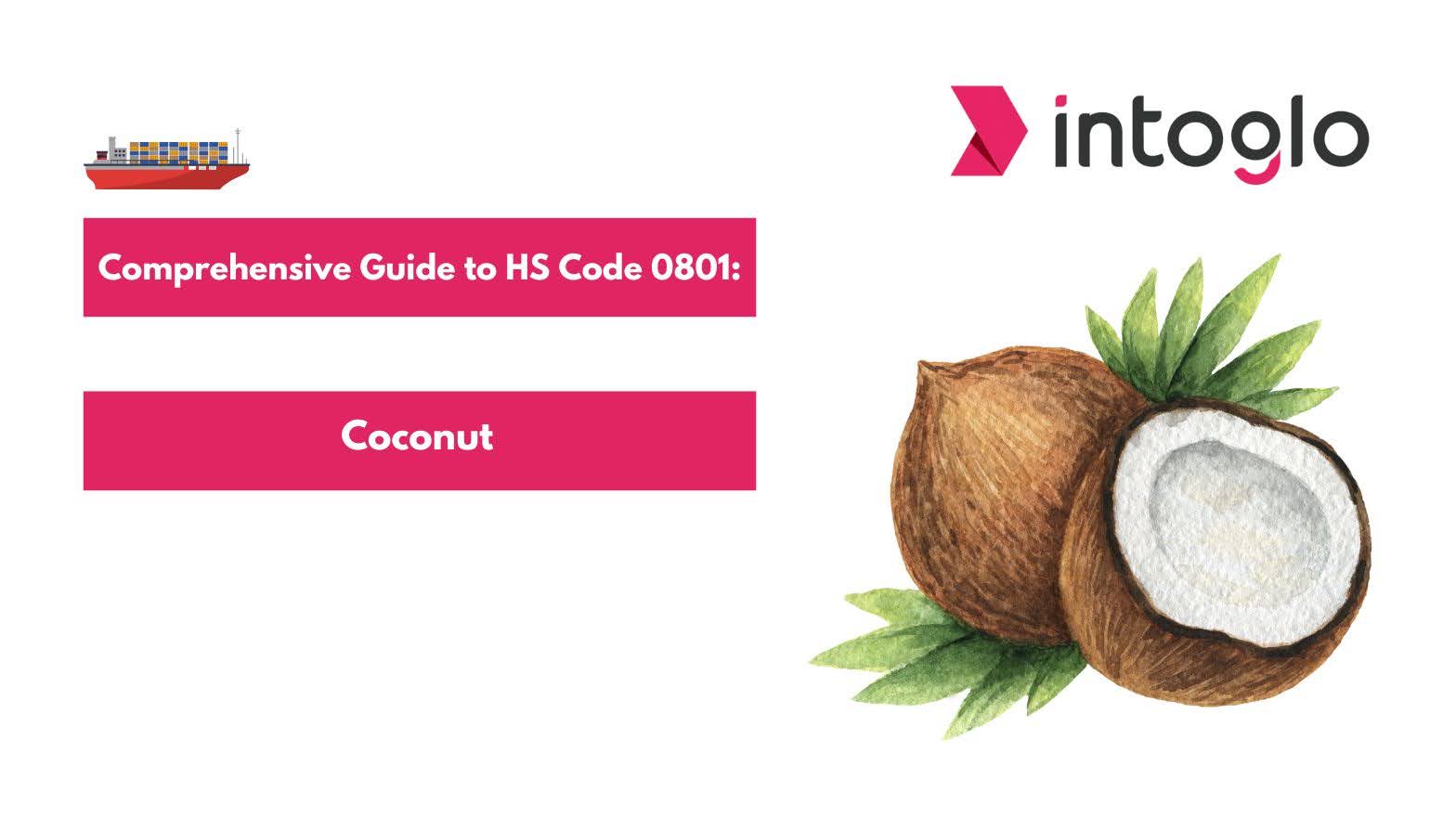

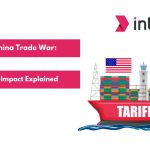
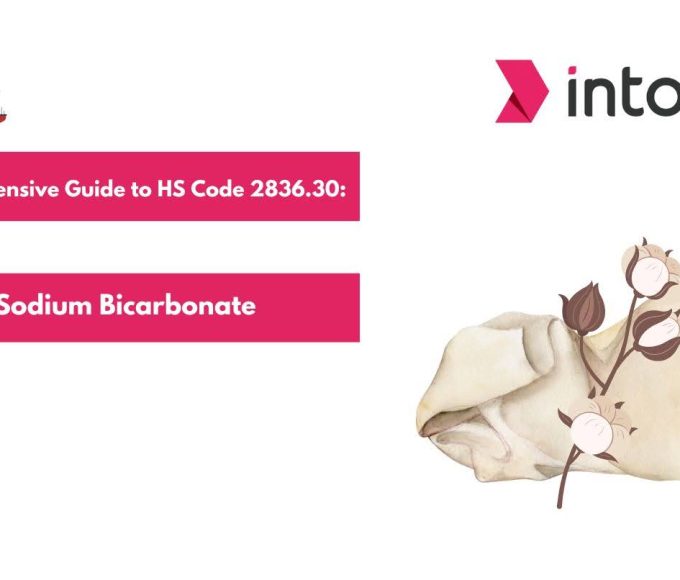

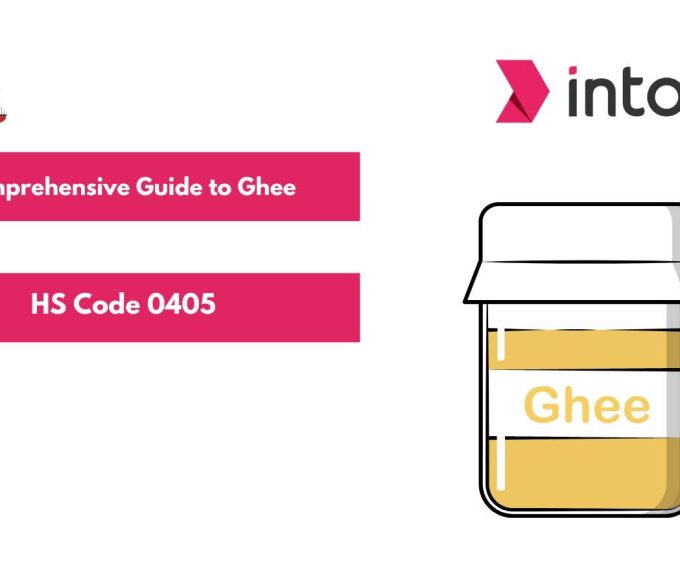
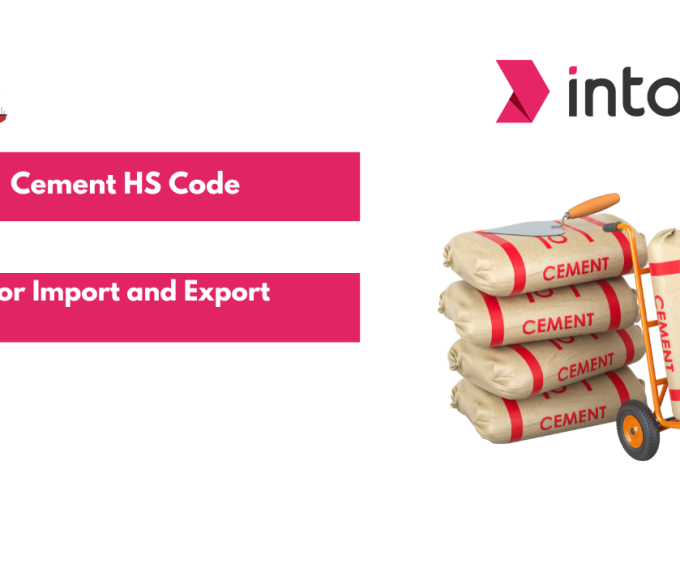
Leave a comment